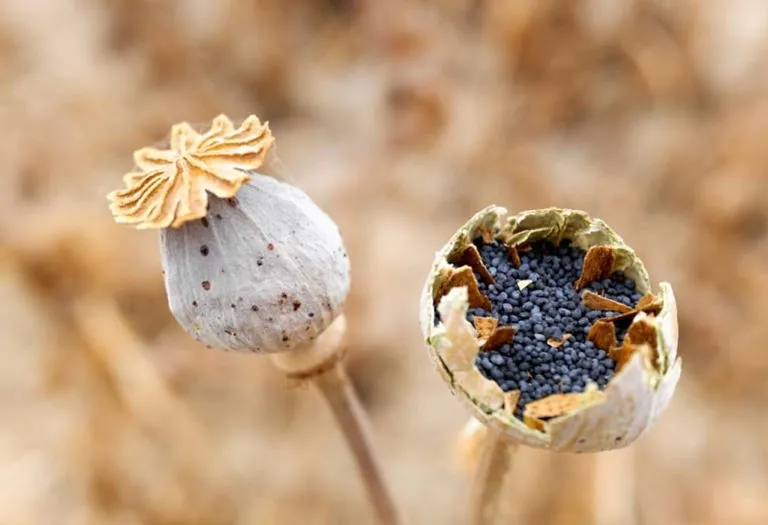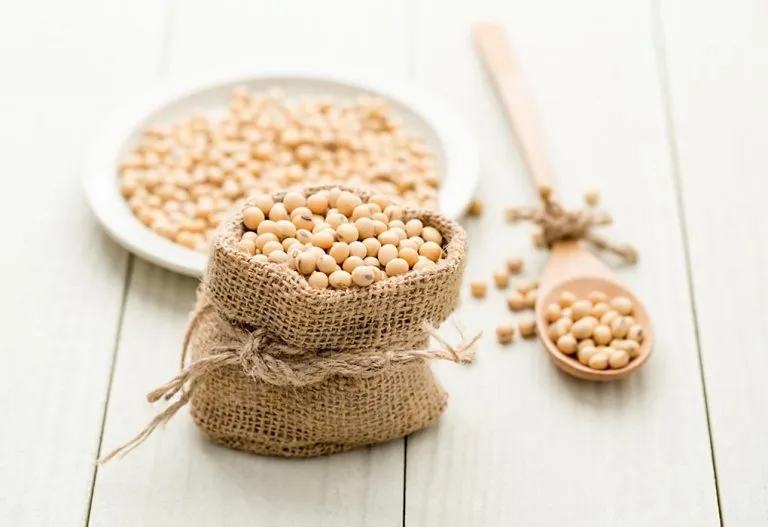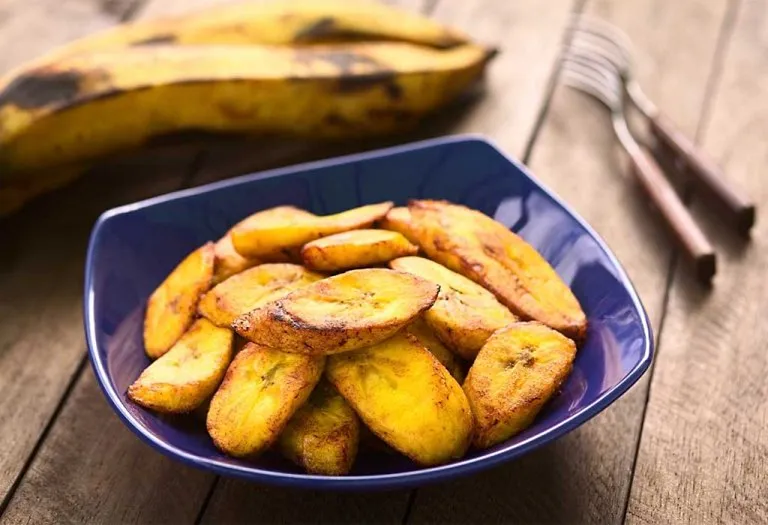Lychee (Litchi) During Pregnancy – Benefits, Risks & Precautions

Pregnancy is a time when women crave for unusual foods. If you are pregnant, there will be days when you may crave for certain foods, which may not be exactly great for your health. You will have to be very careful about what you eat, as what you eat will have an impact on your baby’s health. By incorporating certain fruits and veggies in your diet, you can up your nutrient intake and ensure proper growth and development of your baby. However, not every fruit you eat will be good for your health. If you love eating litchis, read this article to know if eating lychee fruit during pregnancy is safe or not.
Is It Safe to Eat Litchi Fruit During Pregnancy?
Litchi, also known as ‘lychee’ or ‘lichee’ is a tropical fruit that has a sweet smell and taste. It tastes delicious but apparently, it is not safe for consumption during pregnancy as it is known to raise blood sugar levels and lead to gestational diabetes (1). Litchis may also contribute to infections and result in haemorrhage. Hence, litchis should be avoided during pregnancy. However, if you still want to eat litchi fruit in pregnancy, we recommend that you consult your doctor or dietician about the same.
Nutritional Content of Litchi
Litchi, also known as lychee, is a tropical fruit renowned for its sweet and juicy flesh. Besides its delightful taste, litchis are packed with various essential nutrients that contribute to overall health and well-being. Here are the nutritional values of litchi per 100 g (2).
| Nutrients | Quantity |
| Water | 81.76 g |
| Calories | 66 kcal |
| Carbohydrates | 16.5 g |
| Proteins | 0.83 g |
| Fiber | 1.3 g |
| Fat | 0.44 g |
| Sugars | 15.23 g |
| Vitamin C | 71.5 mg |
| Thiamine (Vitamin B1) | 0.011 mg |
| Riboflavin (Vitamin B2) | 0.065 mg |
| Niacin (Vitamin B3) | 0.603 mg |
| Folate (Vitamin B9) | 14 µg |
| Vitamin E (alpha-tocopherol) | 0.07 mg |
| Sodium | 1 mg |
| Potassium | 171 mg |
| Iron | 0.31 mg |
| Calcium | 5 mg |
| Zinc | 0.07 mg |
| Magnesium | 10 mg |
| Phosphorus | 31 mg |
Benefits of Eating Litchi While Pregnant
Incorporating litchis into the diet during pregnancy can offer various health benefits for both the mother and the developing baby. Rich in essential nutrients, litchis can be a valuable addition to a well-balanced pregnancy diet. The following are the lychee benefits in pregnancy:
1. Rich in Folic Acid
Litchis are a good source of folic acid, essential for preventing neural tube defects in the developing fetus.
2. Boosts Immunity
The high vitamin C content in litchis can help boost the immune system, aiding in the prevention of common illnesses during pregnancy (3).
3. Improves Digestion
Litchis are rich in fiber, which can help prevent constipation and promote healthy digestion during pregnancy (4).
4. Provides Energy
Litchis are a natural source of carbohydrates, providing a quick energy boost, which can be beneficial during pregnancy, especially in combating fatigue (2).
5. Hydration
Litchis have high water content, which can help maintain hydration levels in pregnant women, reducing the risk of dehydration.
6. Iron Absorption
The vitamin C in litchis enhances the absorption of iron from other foods, which is crucial for preventing iron deficiency anemia during pregnancy.
7. Regulates Blood Pressure
Potassium in litchis helps regulate blood pressure, contributing to the overall cardiovascular health of pregnant women (5).
8. Supports Fetal Development
Litchis contain essential nutrients like vitamin B6, copper, and zinc, which play vital roles in the healthy development of the fetus.
Side Effects of Consuming Litchis During Pregnancy
In general, litchis should not be eaten during pregnancy as they pose certain negative effects on a woman’s health. Here are the negative effects of eating too many litchis during pregnancy.
1. It Increases Heat in the Body
Eating too many litchis during pregnancy can increase heat in your body which may lead to various complications in your pregnancy (1).
2. Haemorrhage
Eating too many litchis may lead to a haemorrhage during pregnancy, which may serve as a possible trigger for it (6).
3. Diabetes
Litchis also spike up sugar levels in the blood which may lead to the development of diabetes during pregnancy (7).
4. Stillbirth
Stillbirth is also a side effect of eating too many litchis during pregnancy. The baby may contract certain infections if you eat litchis, hence they are best avoided.
5. Allergies
Consuming lychee during pregnancy second trimester, first and even third trimesters, in excessive amounts may lead to various allergies. Eating more litchis can lead to itching, swelling of lips, hives, etc.
Can Pregnant Women Eat Lychee During All Trimesters?
Lychee is a juicy, sweet fruit that many crave, but if you’re pregnant, you might wonder whether it’s safe to enjoy during all three trimesters. Let’s break down how lychee fits into each stage of pregnancy so you can eat it without worry.
1st Trimester
During the first trimester, it is essential to be cautious with lychee consumption. While lychee is rich in vitamin C and antioxidants, overeating can lead to sudden spikes in blood sugar due to its high natural sugar content. Additionally, excessive intake on an empty stomach may cause digestive discomfort. Small, moderate portions are generally considered safe.
2nd Trimester
In the second trimester, lychee can be more safely incorporated into the diet, as the risk of early pregnancy complications decreases. Its vitamins and minerals can support overall maternal health and immunity. However, it should still be eaten in moderation to avoid unnecessary sugar intake, especially for women experiencing gestational diabetes or cravings for sweet foods.
3rd Trimester
During the third trimester, lychee can continue to be part of a healthy diet, offering hydration and nutrients like vitamin C and antioxidants that support both mother and baby. Pregnant women should consume it in controlled portions to prevent excessive sugar consumption, which may contribute to weight gain or affect blood sugar levels. Pairing lychee with protein or fibre-rich foods can help mitigate rapid sugar spikes.
How Many Litchis Can a Pregnant Woman Eat in a Day?
Eating too many litchis can lead to various pregnancy complications, hence caution should be taken before consumption. If you do want to consume it while pregnant, you should eat it in moderation, or better yet after consulting with your nutritionist (1).
Precautions to Take While Eating Litchi in Pregnancy
While litchis in pregnancy can offer several benefits, it’s essential to consume them in moderation and take certain precautions to ensure the safety of both the mother and the baby. Following are some of the precautions to take while eating litchi in pregnancy:
- Limit Intake: Consume litchis in moderation to avoid consuming excessive amounts of natural sugars, which could lead to a spike in blood sugar levels.
- Avoid Unripe Litchis: Ensure that the litchis are fully ripe before consumption, as unripe litchis contain toxins that could potentially be harmful, especially during pregnancy.
- Wash Thoroughly: Wash litchis thoroughly before eating to remove any dirt, pesticides, or contaminants that may be present on the skin.
- Monitor Blood Sugar Levels: Keep track of blood sugar levels, especially if you have gestational diabetes, as litchis contain natural sugars that could affect blood glucose levels.
- Consult Your Doctor: If you have any concerns or underlying health conditions, consult your healthcare provider before including litchis in your pregnancy diet.
- Observe Allergic Reactions: Monitor for any signs of allergic reactions after consuming litchis and seek medical attention if any adverse symptoms occur.
- Diversify Diet: While litchis can be a nutritious addition to your diet, it’s essential to maintain a balanced diet with a variety of fruits, vegetables, and other food groups to ensure optimal nutrition during pregnancy.
Ways to Add Litchis to Your Pregnancy Diet
Including litchis in your pregnancy diet can provide a refreshing and nutritious addition to your meals. Here are some creative ways to incorporate litchis into your daily eating routine.
- Fresh Litchi Snack: Enjoy litchis as a fresh and hydrating snack on their own, peeled and deseeded.
- Litchi Smoothies: Blend fresh litchis with yogurt or milk and a handful of spinach or other fruits to create a delicious and nutrient-packed smoothie.
- Litchi Salad: Add litchi segments to your favourite fruit salad for a burst of sweetness and flavour.
- Litchi Desserts: Use litchis as a topping for yogurt, ice cream, or pudding, or incorporate them into homemade fruit popsicles for a refreshing treat.
- Litchi Salsa: Create a salsa using diced litchis, tomatoes, onions, cilantro, and lime juice to serve as a flavourful accompaniment to grilled chicken or fish.
- Litchi Sorbet: Make a refreshing sorbet by blending frozen litchi pulp with a splash of lemon juice and a sweetener of your choice, such as honey or maple syrup.
- Litchi Chia Pudding: Mix litchi puree with chia seeds, milk, and a sweetener to create a nutritious and filling pudding that can be enjoyed as a breakfast or dessert option.
FAQs
1. Can pregnant women drink Litchi juice?
Drinking lychee juice in pregnancy is generally safe when consumed in moderation. However, it’s essential to ensure that the juice is pasteurised to minimise the risk of foodborne illnesses (1).
2. What happens if you consume a Litchi seed in pregnancy?
Consuming a litchi seed during pregnancy is not recommended as it may pose a choking hazard and could potentially cause gastrointestinal discomfort. It’s best to avoid ingesting litchi seeds altogether (8).
3. Is it safe to have during the first trimester?
Litchis are generally safe to consume during the first trimester of pregnancy second, and even third trimester, provided they are ripe and consumed in moderation. However, it’s crucial to consult with a healthcare provider before making any significant changes to your diet during pregnancy.
Litchis are a powerhouse of vital nutrients and minerals, but precaution should be taken regarding their consumption. But if you do wish to enjoy this fruit, we suggest that you speak to your doctor first. We hope we’ve answered your question: Is lychee good for pregnancy, helping you make safe choices for you and your baby.
Also Read:
Mangoes during Pregnancy
Benefits of Cherries while Pregnant
Eating Dragon Fruit during Pregnancy
Consuming Passion Fruit in Pregnancy
Was This Article Helpful?
Parenting is a huge responsibility, for you as a caregiver, but also for us as a parenting content platform. We understand that and take our responsibility of creating credible content seriously. FirstCry Parenting articles are written and published only after extensive research using factually sound references to deliver quality content that is accurate, validated by experts, and completely reliable. To understand how we go about creating content that is credible, read our editorial policy here.
1. Sitaram Bhartia Institute of Science and Research – Litchi During Pregnancy: To Eat or Not To Eat
2. Food Data Central; U.S. Department of Agriculture – Litchis, raw
3. Purdue University: Horticulture & Landscape Architecture – Tropical Fruits
5. American Heart Association – How Potassium Can Help Control High Blood Pressure
6. PubMed Central – Biological and Phytopharmacological Descriptions of Litchi Chinensis



































